From Utada Hikaru to Hatsune Miku: Don't Miss Out on These 7 Japanese Singers

In recent years, Japanese singers have been making waves on the global music scene, captivating audiences with their unique styles and infectious tunes. This rise to international stardom can be attributed to the growing interest in Japanese culture and pop culture, particularly anime. From the soulful ballads of Utada Hikaru to the virtual idol sensation Hatsune Miku, these artists have left an indelible mark on the music industry. In this blog post, we'll explore seven iconic Japanese singers that you simply can't miss out on.
The rise of Japanese singers to global stardom can be traced back to the 1990s, with the emergence of J-pop as a distinct genre. Artists like Namie Amuro and Ayumi Hamasaki paved the way for future generations, showcasing the potential for Japanese music to resonate with international audiences. Over the years, the increasing popularity of anime and manga has further propelled Japanese singers into the limelight, as their songs often feature as theme songs or soundtracks for these beloved series.
Japanese culture and pop culture, particularly anime, have played a significant role in the growing popularity of Japanese singers worldwide. Anime has served as a gateway for many fans to discover and appreciate Japanese music, as these series often feature catchy opening and ending themes performed by talented artists. The emotional connection fans develop with the characters and stories in anime often extends to the music, creating a deep appreciation for the singers behind the songs. Additionally, the unique aesthetics and storytelling found in anime have sparked a broader interest in Japanese culture, leading fans to explore other aspects, including music.
7 Iconic Japanese Singers to Listen to
Utada Hikaru
Utada Hikaru, also known simply as Utada, is a Japanese-American singer-songwriter who has been a dominant force in the Japanese music industry since her debut in 1998. Born in New York City to Japanese parents, Utada's multicultural background has influenced her music, resulting in a unique blend of R&B, pop, and rock elements. Her debut album, "First Love," remains the best-selling album in Japan, a testament to her incredible talent and appeal.
One of Utada's most iconic songs is "Simple and Clean," which served as the theme song for the popular video game "Kingdom Hearts." The song's success introduced Utada to a global audience and showcased her ability to create memorable, emotionally resonant music. Fans and critics alike have praised Utada's powerful vocals and introspective lyrics, which often explore themes of love, identity, and personal growth.
Utada's impact on the Japanese music industry cannot be overstated. Her unique style and ability to seamlessly blend Eastern and Western musical influences have inspired countless artists and helped to bridge the gap between Japanese and international music scenes. As one fan aptly put it, "Utada Hikaru's music transcends language and cultural barriers, touching the hearts of listeners worldwide."
Hatsune Miku
Hatsune Miku is a virtual idol and a true icon of Japanese pop culture. Created by Crypton Future Media in 2007, Miku is a humanoid avatar powered by a singing synthesizer software called Vocaloid. With her distinctive teal hair and youthful appearance, Miku has captured the hearts of fans worldwide, becoming a symbol of Japan's cutting-edge technology and innovative music scene.
What sets Hatsune Miku apart from other singers is her unique nature as a virtual idol. She is not bound by the limitations of a human performer, allowing for endless creative possibilities in her music and performances. Miku's concerts are a sight to behold, featuring stunning 3D projections and immersive light shows that transport audiences into a mesmerizing virtual world.
Miku's popularity extends far beyond Japan, with a dedicated global fanbase that creates and shares their own music, art, and videos featuring the virtual idol. This collaborative aspect of Miku's fandom has contributed to her enduring appeal and has showcased the power of technology to bring people together through shared passion and creativity.
Kyary Pamyu Pamyu
Kyary Pamyu Pamyu, born Kiriko Takemura, is a Japanese fashion model, blogger, and singer known for her eccentric and colorful style. Her unique blend of J-pop, electronic, and kawaii aesthetics has made her a standout figure in the Japanese music scene and a global ambassador for Japan's vibrant pop culture.
Kyary's music videos are a visual feast, featuring eye-catching costumes, quirky dance moves, and surreal settings that have captivated audiences worldwide. Her breakout hit, "PonPonPon," showcased her signature style and catapulted her to international fame. The song's infectious melody and playful lyrics, combined with the video's whimsical imagery, made it an instant viral sensation.
Beyond her music, Kyary is also recognized as a fashion icon, known for her daring and unconventional outfits that often incorporate elements of kawaii culture, such as pastel colors, frills, and oversized accessories. Her unique style has inspired countless fans and has helped to popularize Japanese fashion trends on a global scale.
AKB48
AKB48 is a Japanese idol girl group that has taken the concept of "idols you can meet" to unprecedented heights. Formed in 2005, the group has a unique structure consisting of multiple teams and "generations" of members, with frequent rotations and graduations. This innovative system has allowed AKB48 to maintain a fresh and dynamic lineup while also fostering a strong sense of connection between the idols and their fans.
The group's popularity in Japan is unparalleled, with a dedicated fanbase that supports the idols through CD purchases, handshake events, and annual elections to determine the group's frontline members. This level of fan engagementhas created a thriving ecosystem around AKB48, including merchandise, video games, and even a dedicated theater where the group performs regularly.
AKB48's impact on Japanese pop culture cannot be overstated. The group has inspired numerous sister groups and imitators, both in Japan and abroad, and has helped to redefine the idol industry. Their catchy tunes, synchronized dance routines, and girl-next-door charm have won the hearts of fans worldwide, making them a true icon of Japanese popular culture.
Bump of Chicken
Bump of Chicken, often referred to as "Bump," is a Japanese rock band that has been captivating audiences with their emotionally charged performances and poetic lyrics since their formation in 1994. The band's journey from humble beginnings in Sakura, Chiba Prefecture, to becoming one of Japan's most beloved and influential rock groups is a testament to their talent and dedication.
Bump of Chicken's music is characterized by soaring melodies, intricate guitar work, and the powerful, emotive vocals of lead singer Motoo Fujiwara. Their songs often explore themes of love, loss, hope, and the human condition, resonating deeply with listeners across generations and cultural boundaries. The band's ability to craft introspective and relatable narratives through their music has earned them a devoted following both in Japan and abroad.
One of Bump of Chicken's most iconic songs is "Tentai Kansoku" (Astronomical Observation), which served as the ending theme for the popular anime series "Kekkai Sensen" (Blood Blockade Battlefront). The song's uplifting melody and inspirational lyrics, combined with the band's signature sound, have made it an anthem for fans worldwide, showcasing the power of music to connect people across borders and cultures.
Arashi
Arashi, meaning "storm" in Japanese, is a five-member boy band that has taken the Japanese entertainment industry by storm since their debut in 1999. Composed of members Satoshi Ohno, Sho Sakurai, Masaki Aiba, Kazunari Ninomiya, and Jun Matsumoto, Arashi has become a household name in Japan, known for their versatile talents and engaging personalities.
What sets Arashi apart from other Japanese idol groups is their ability to excel in multiple fields, including music, acting, and variety shows. Each member has pursued successful solo projects while also contributing to the group's collective success. This versatility has endeared them to fans across generations and has helped to maintain their relevance in an ever-changing entertainment landscape.
Arashi's music is known for its catchy melodies, upbeat rhythms, and positive lyrics that often celebrate the joys of love, friendship, and life's simple pleasures. Their performances are energetic and engaging, showcasing the group's tight-knit bond and genuine enthusiasm for entertaining their fans. Beyond their musical achievements, Arashi is also recognized for their philanthropic efforts, using their platform to support various charitable causes and to bring joy to their fans worldwide.
Koda Kumi
Koda Kumi, affectionately known as "Kuu" by her fans, is a Japanese singer, songwriter, and dancer who has been a driving force in the J-pop scene since her debut in 2000. With her powerful vocals, sexy image, and electrifying dance moves, Koda has become one of Japan's most successful and influential female artists.
Koda's music is a fusion of various genres, including pop, R&B, hip-hop, and electronic dance music (EDM), creating a unique and dynamic sound that has captivated audiences worldwide. Her lyrics often explore themes of love, desire, and female empowerment, resonating with fans who admire her confident and unapologetic approach to life and art.
Throughout her career, Koda has released numerous hit singles and albums, showcasing her ability to evolve and adapt to changing musical trends while maintaining her signature style and attitude. Her live performances are legendary, featuring elaborate stage sets, dazzling costumes, and high-energy dance routines that showcase her incredible talent and charisma.
Conclusion
From the soulful ballads of Utada Hikaru to the virtual idol phenomenon of Hatsune Miku, these seven iconic Japanese singers have each made a unique and lasting impact on the music industry. Their contributions have not only enriched the Japanese music scene but have also helped to spread the appeal of Japanese culture and pop culture worldwide.
As we've seen, the influence of anime and Japanese pop culture has played a significant role in the rise of these artists, creating a symbiotic relationship between music and visual media that has captivated audiences across the globe. By exploring the diverse talents and styles of these iconic singers, music lovers can gain a deeper appreciation for the richness and creativity of Japanese music.
So, whether you're a long-time fan of J-pop or a curious listener eager to discover new sounds, be sure to give these seven Japanese singers a listen. From the emotional depth of Bump of Chicken's rock ballads to the infectious energy of Kyary Pamyu Pamyu's kawaii pop, there's something for everyone in the vibrant world of Japanese music. Embrace the diversity, passion, and artistry of these iconic singers, and let their music transport you to new realms of musical enjoyment.

















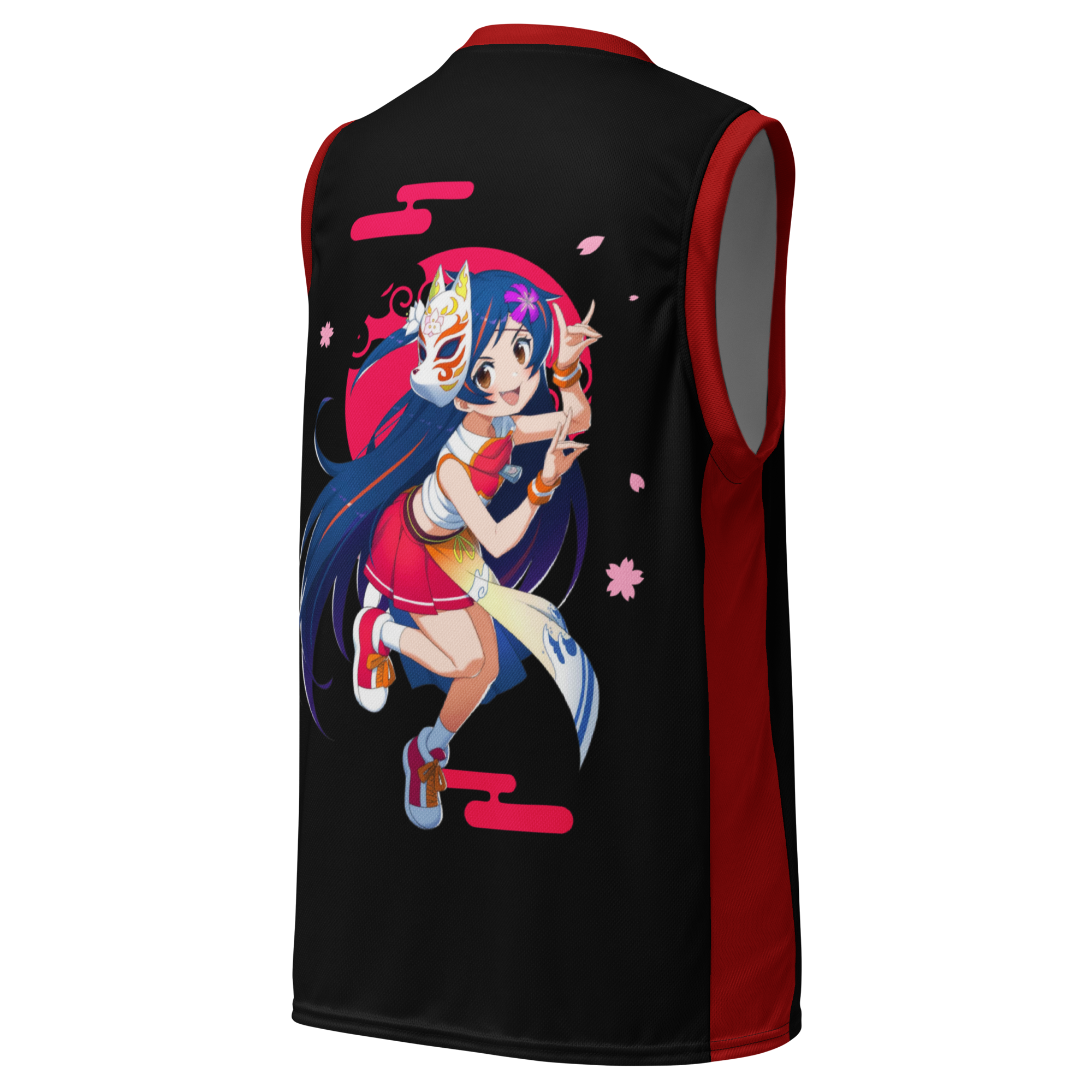

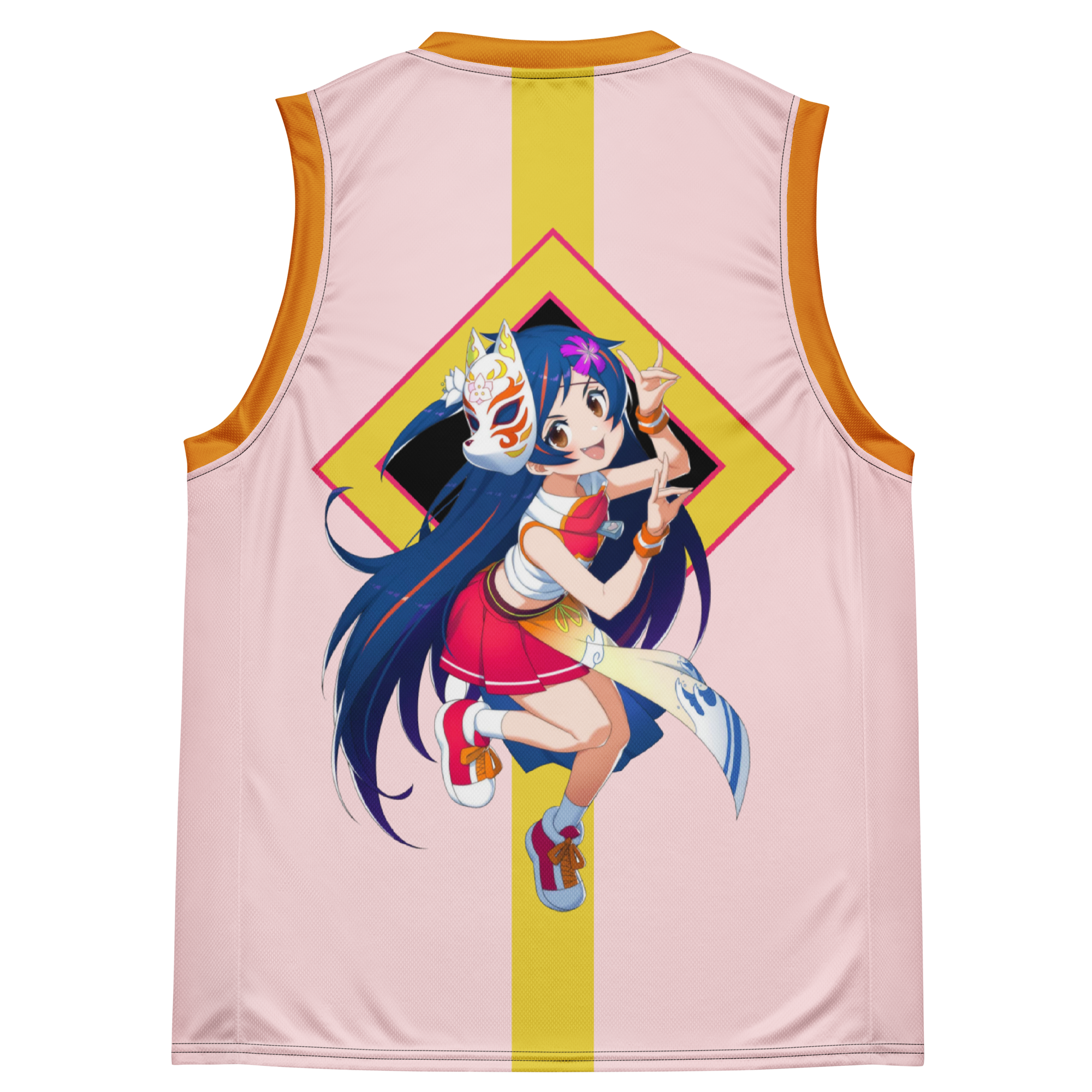



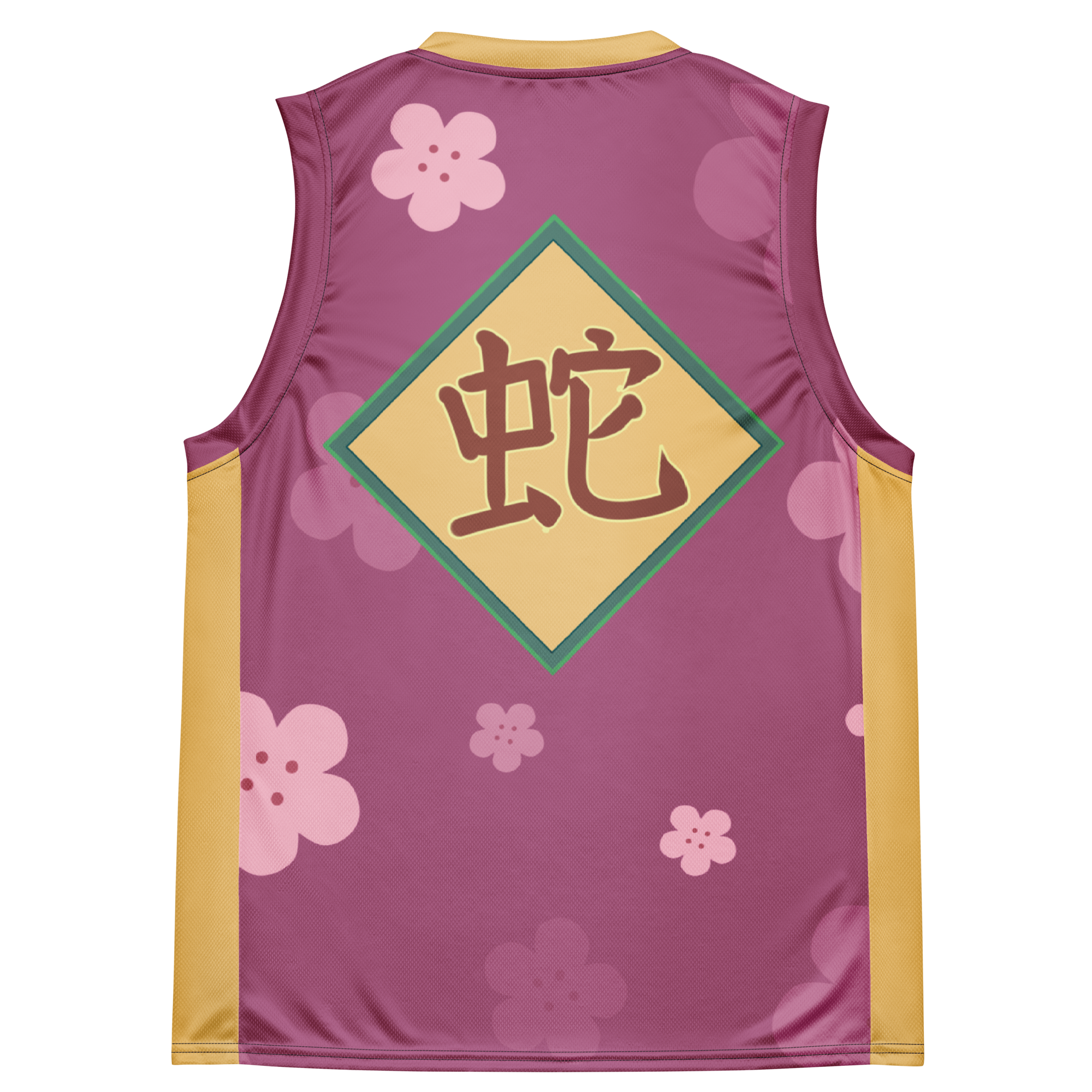

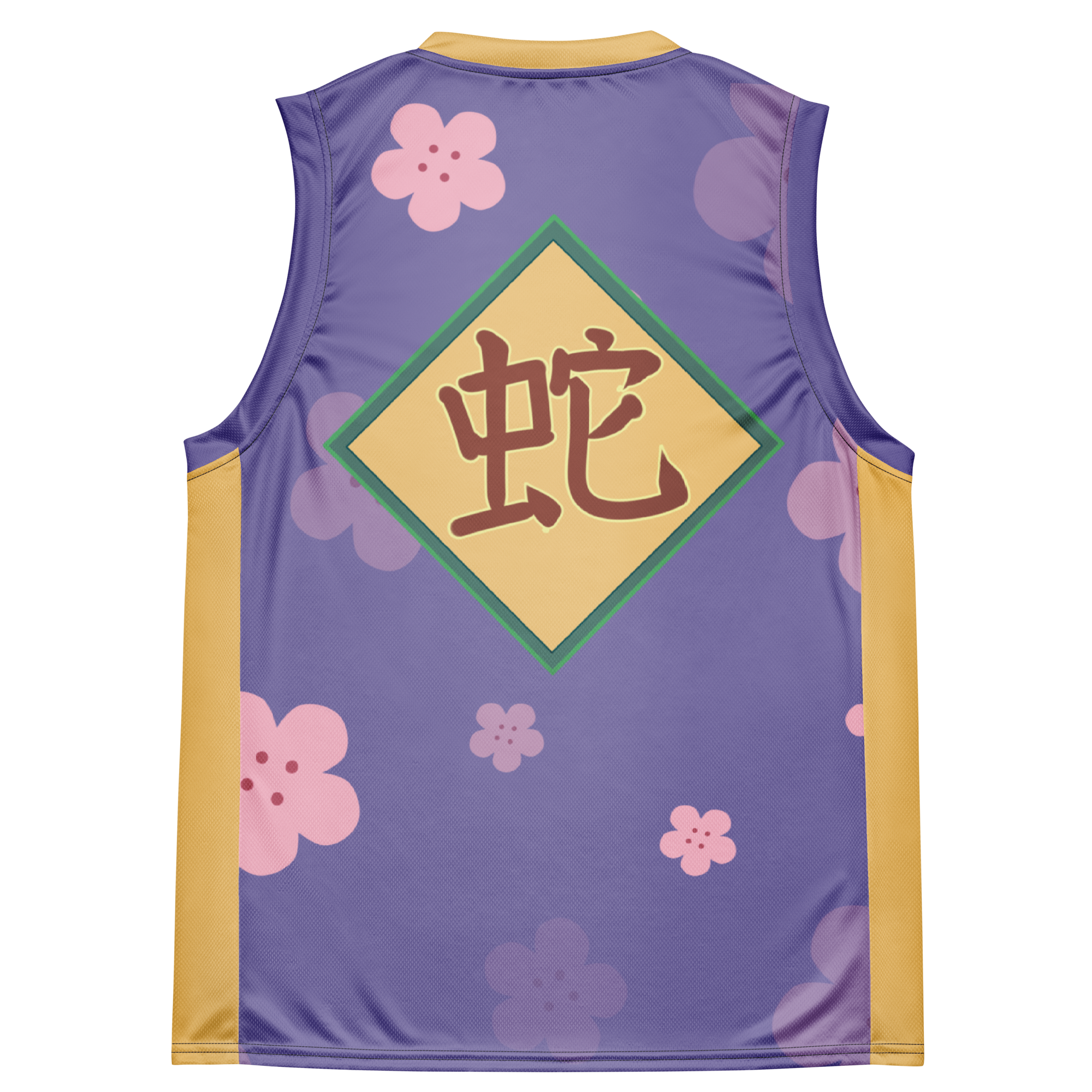

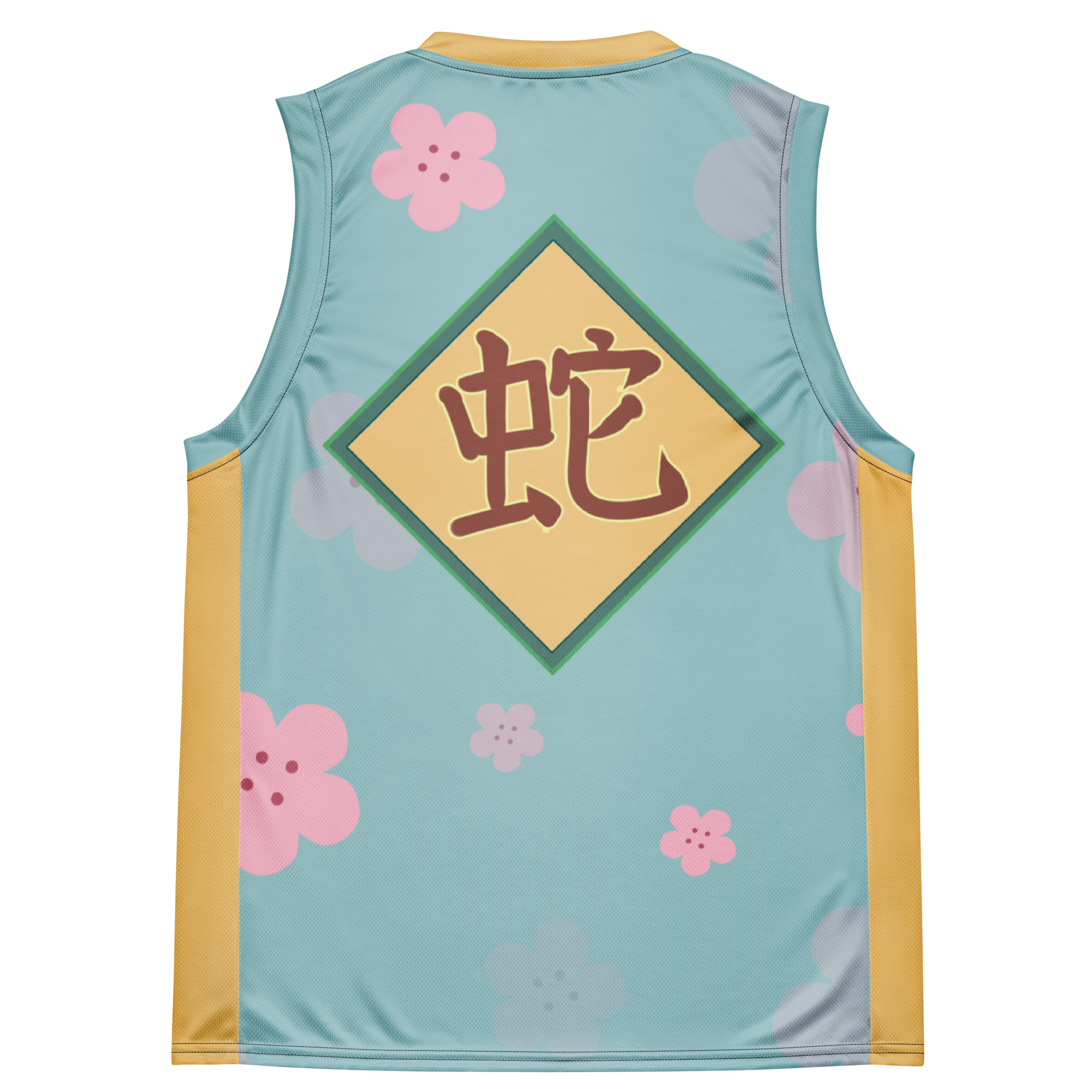














Leave a comment